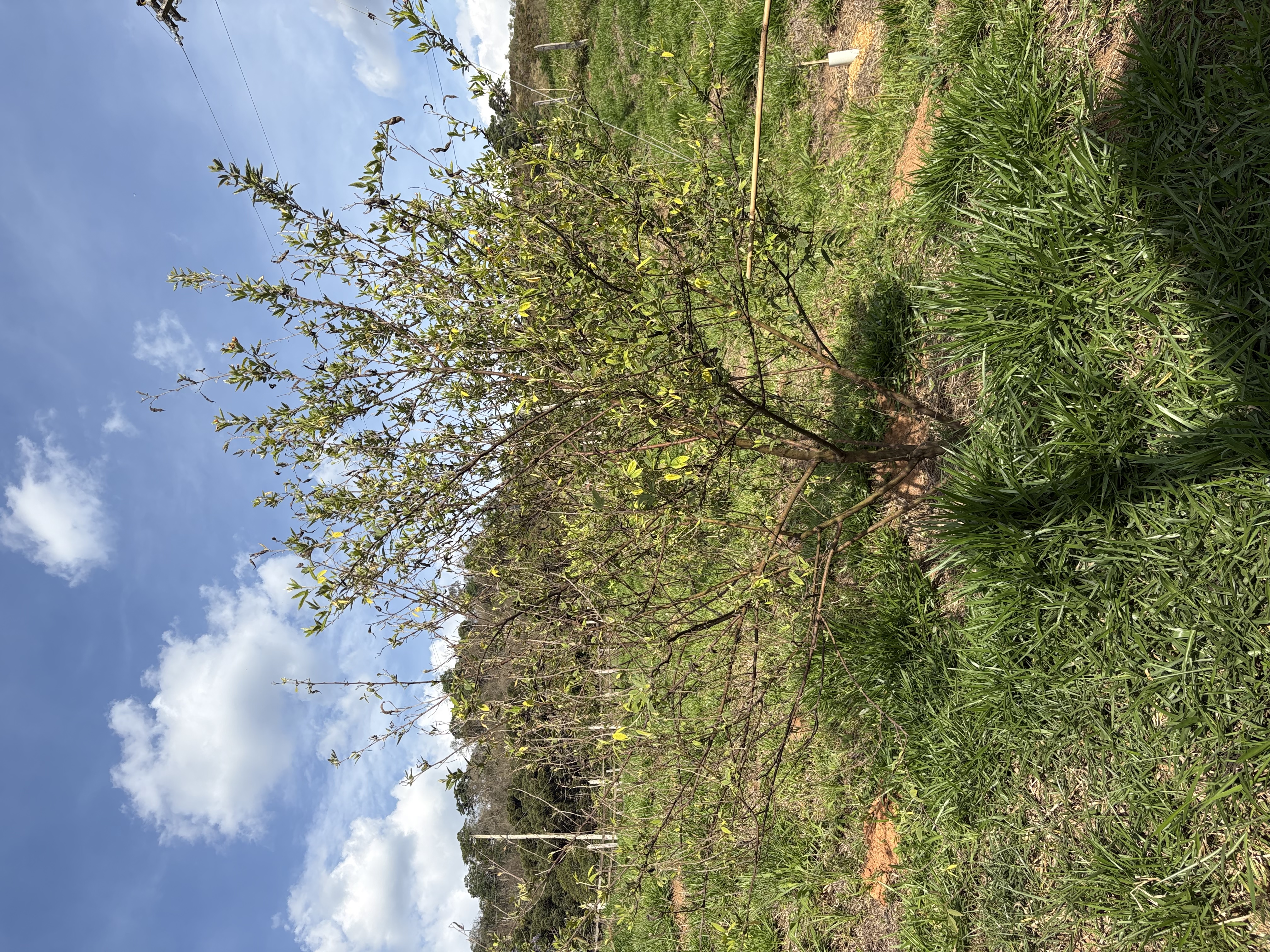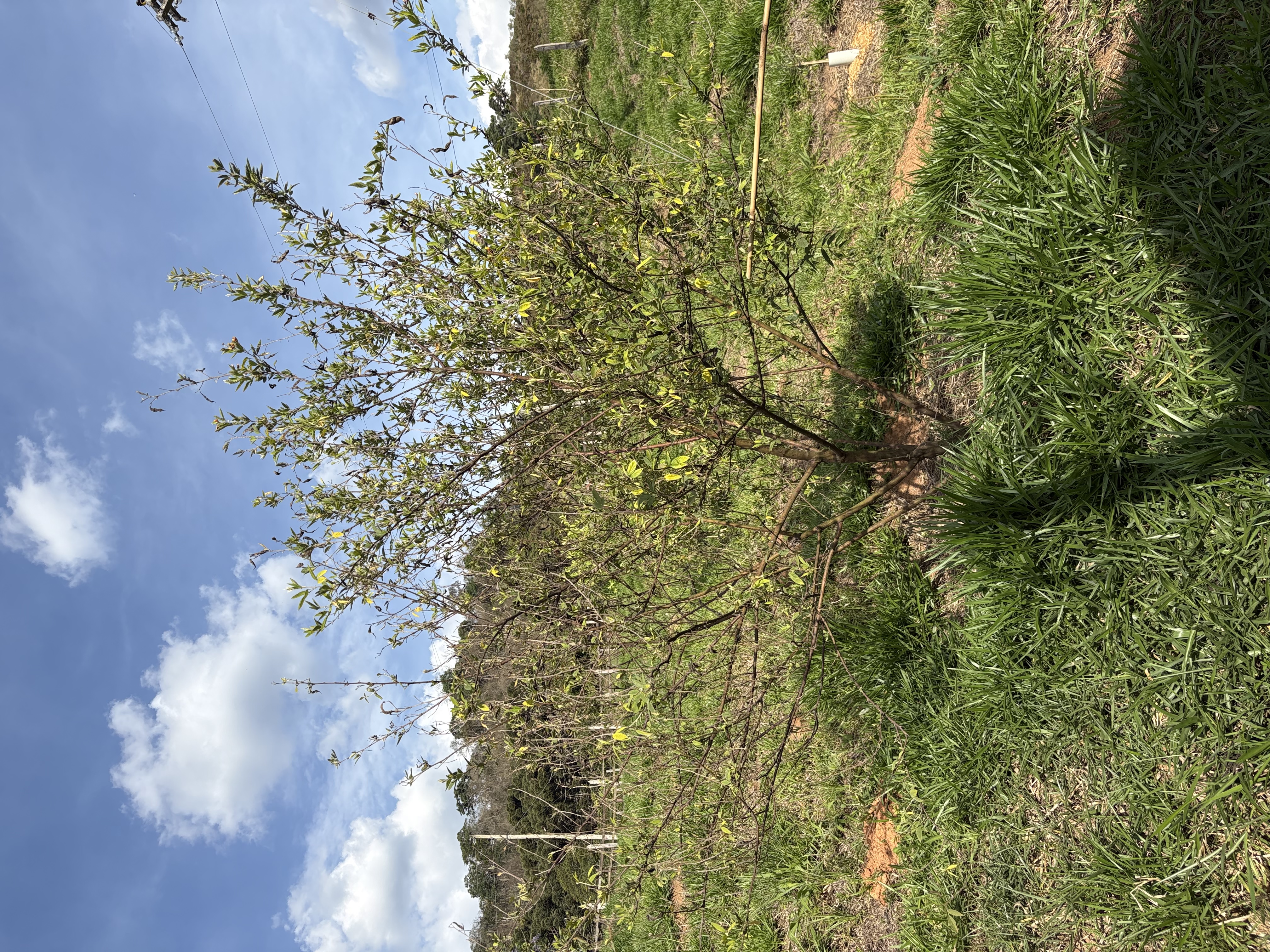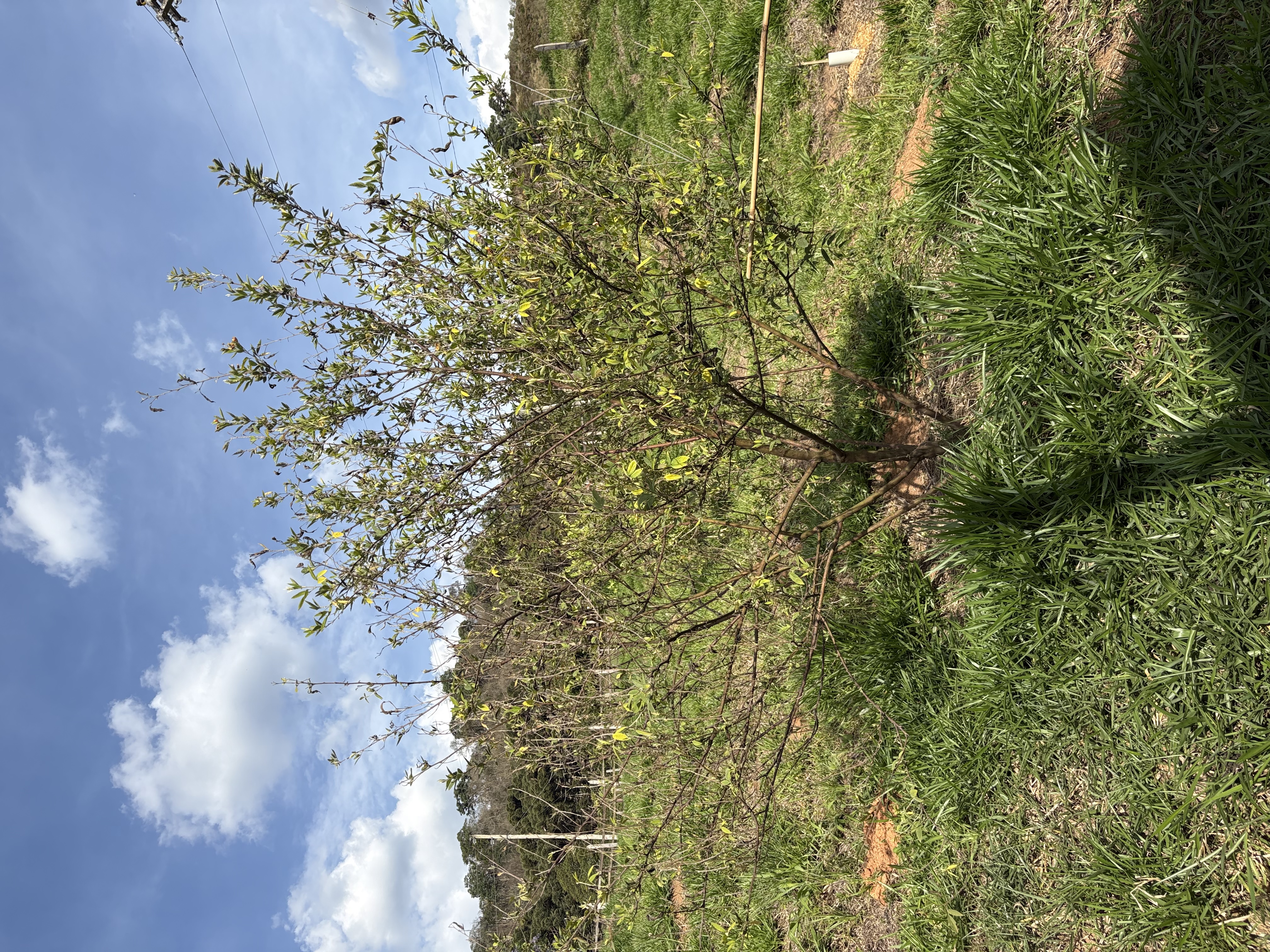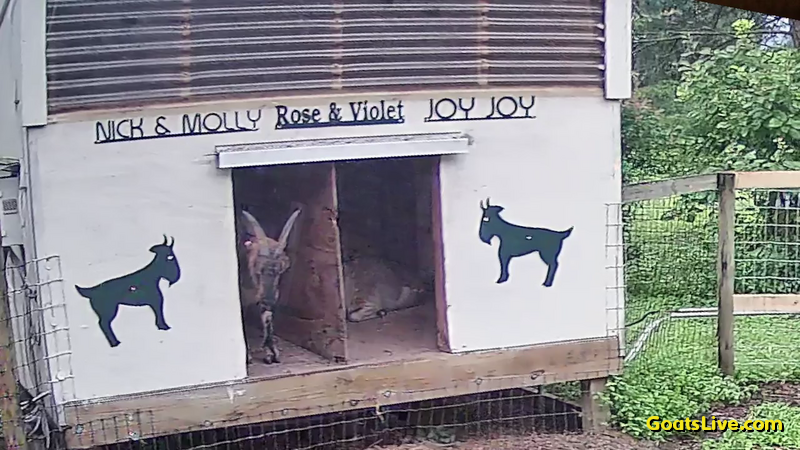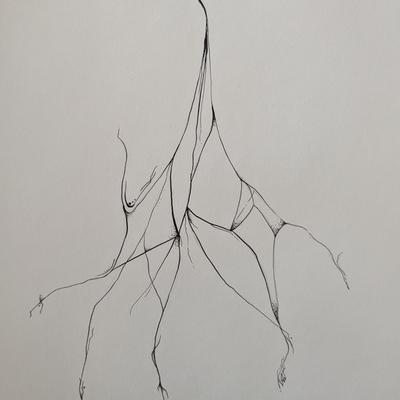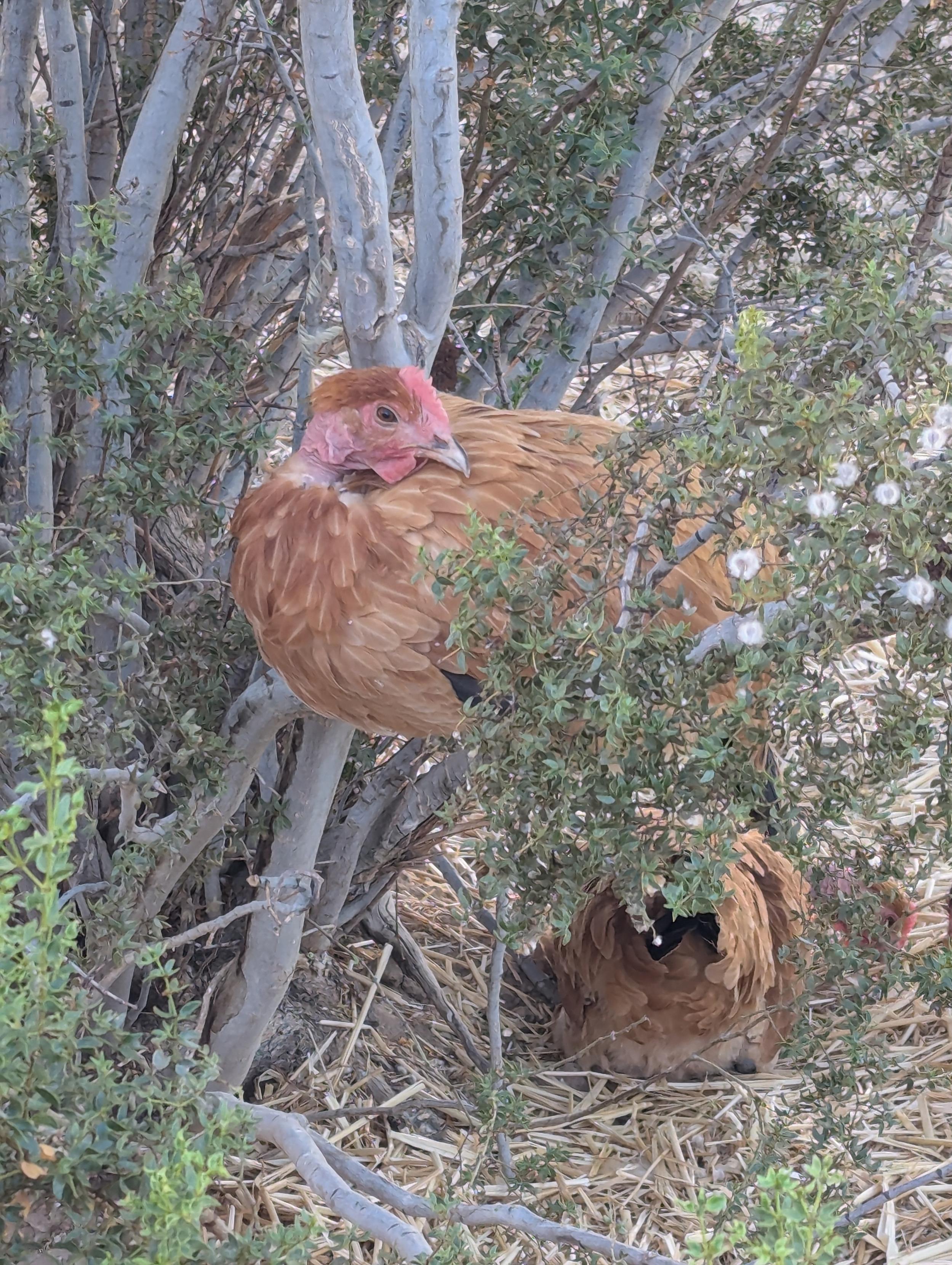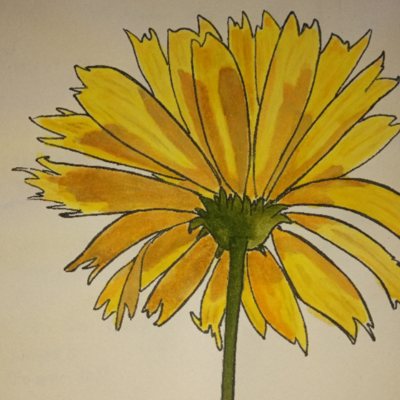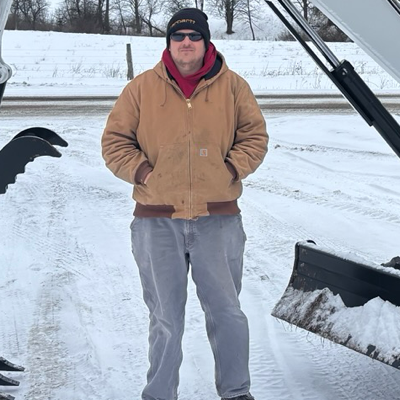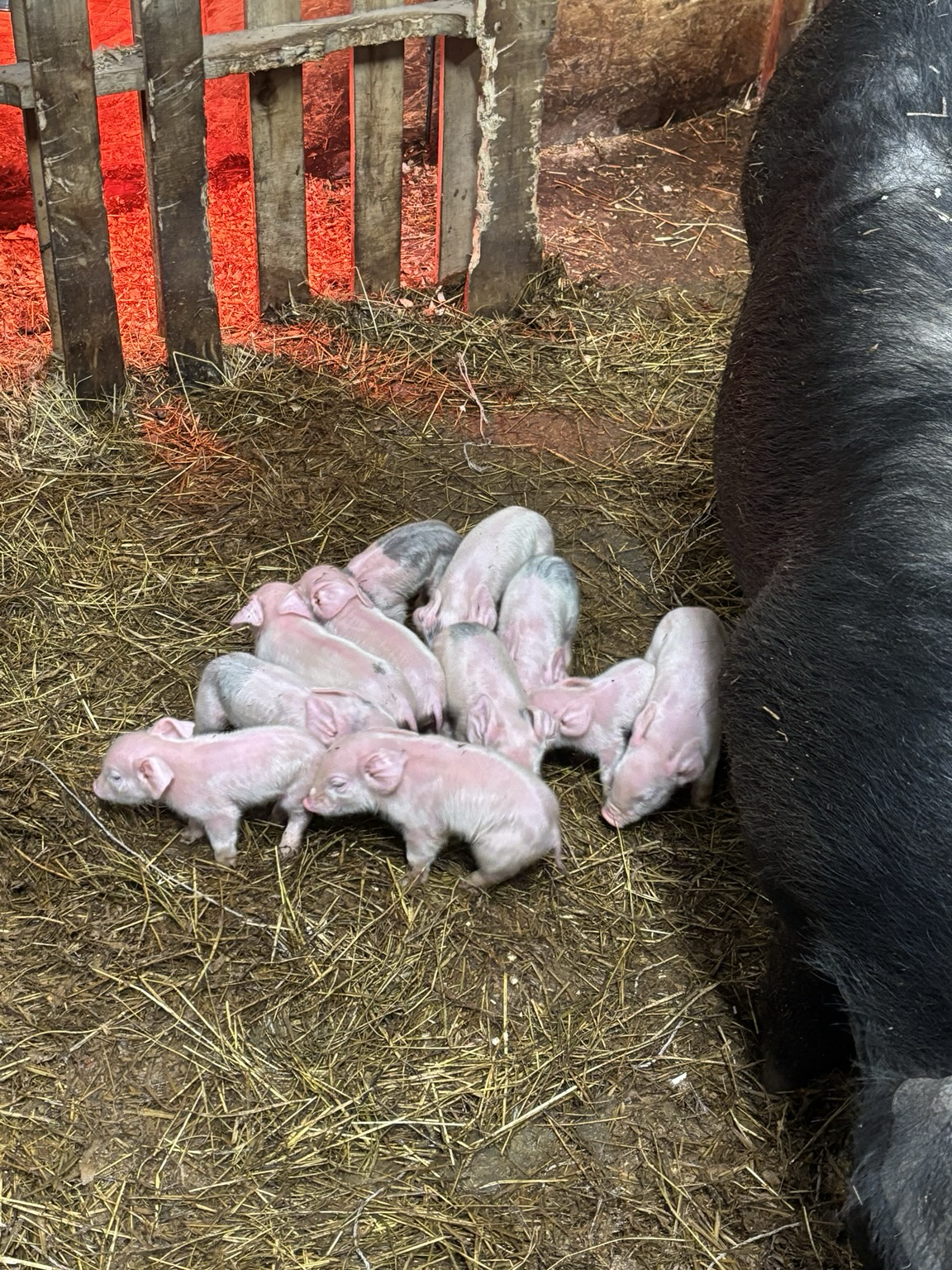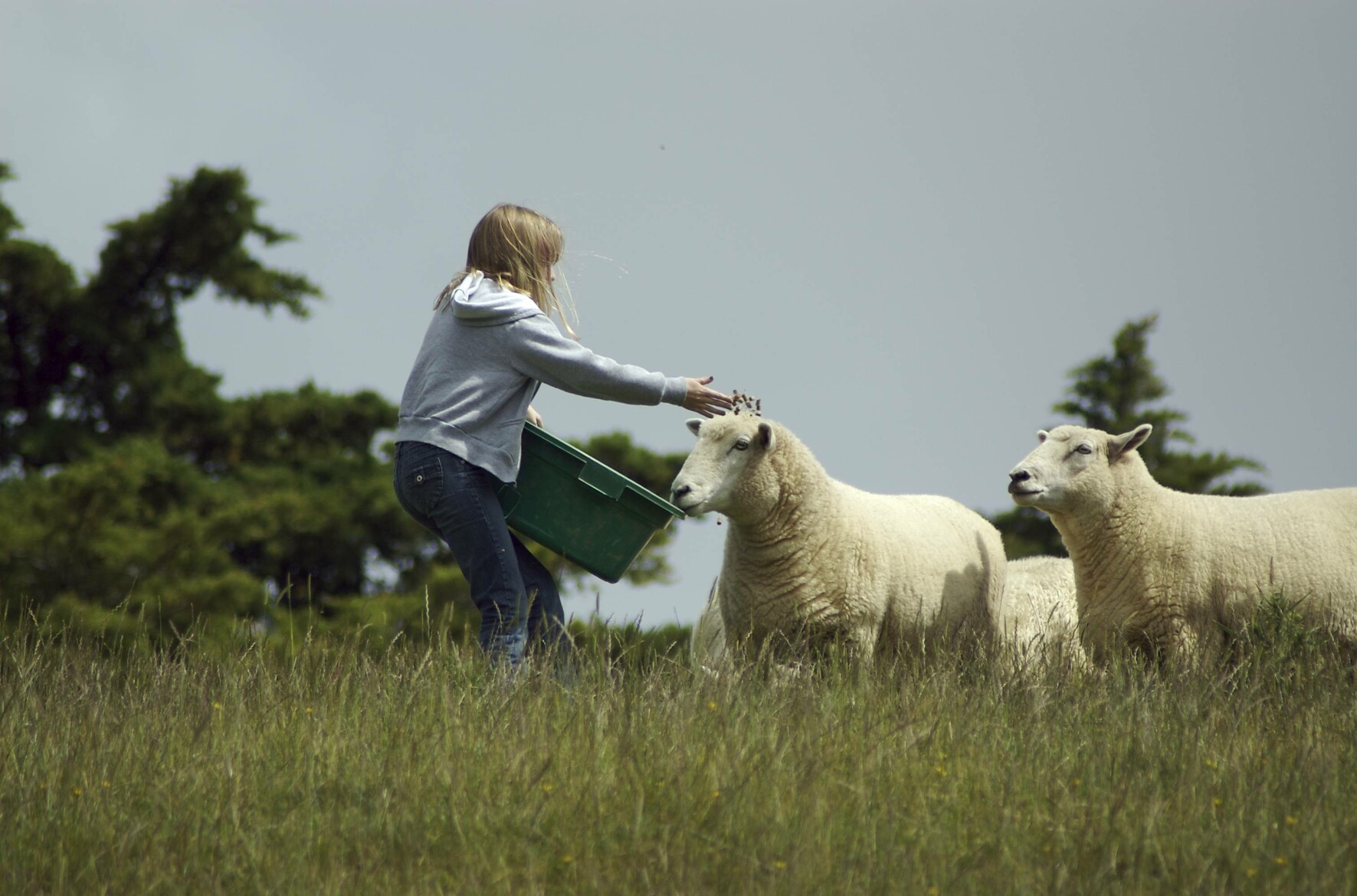Tess of the D’Ubervilles. By Thomas Hardy.
You are an educated, pretty peasant girl with foolish parents and higher class suitors, unfortunately even the less evil of these seem to only consider their own relationship to the social order…yours, not so much.
3 of 5 library cats 🐈 🐈 🐈.
CW: sexual assault
@bookstodon #bookstodon #books #reading #marriage #farming #england #women
Tess of the D’Ubervilles. By Thomas Hardy.
You are an educated, pretty peasant girl with foolish parents and higher class suitors, unfortunately even the less evil of these seem to only consider their own relationship to the social order…yours, not so much.
3 of 5 library cats 🐈 🐈 🐈.
CW: sexual assault
@bookstodon #bookstodon #books #reading #marriage #farming #england #women



